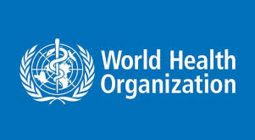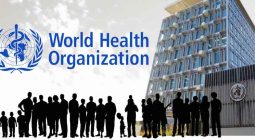The World Health Organization (WHO) is releasing the 2023 edition of its annual World Health Statistics report with new figures on the impact of COVID-19 pandemic and the latest statistics on progress towards the health-related Sustainable Development Goals (SDGs).
According to WHO report, with data up to 2022 underscores a stagnation of health progress on key health indicators in recent years compared with trends seen during 2000-2015.
It also alerts us to the growing threat of noncommunicable diseases (NCDs) and climate change and calls for a coordinated and strengthened response.
The report documents updated statistics on the toll of the pandemic on global health, contributing to the ongoing decline in progress towards the SDGs. During 2020-2021, COVID-19 resulted in a staggering 336.8 million years of life lost globally. This equates to an average of 22 years of life lost for every excess death, abruptly and tragically cutting short the lives of millions of people.
However, the pandemic has put many health-related indicators further off-track and contributed to inequalities in access to high-quality health care, routine immunizations and financial protection. As a result, improving trends in malaria and TB have been reversed, and fewer people were treated for neglected tropical diseases (NTDs).
Despite overall health progress, the share of deaths caused annually by NCDs has grown consistently and is now claiming nearly three quarters of all lives lost each year, it said.
If this trend continues, NCDs are projected to account for about 86% of the 90 million annual deaths by mid-century; consequently, 77 million of these will be due to NCDs – a nearly 90% increase in absolute numbers since 2019.
More recent trends show signs of slowdown in the annual rate of reduction (ARR) for many indicators. For example, the global maternal mortality ratio needs to decline by 11.6% per year between 2021 and 2030 to meet the SDG target. Similarly, the net reduction in TB incidence from 2015 to 2021 was only one-fifth of the way to the 2025 milestone of WHO’s End TB Strategy.
Despite a reduction in exposure to many health risks – such as tobacco use, alcohol consumption, violence, unsafe water and sanitation, and child stunting – progress was inadequate and exposure to some risks such as air pollution remains high.
This year’s report includes for the first time a dedicated section on climate change and health, and we anticipate that this will be of more relevance in the report going forward. For this issue and all other areas timely, reliable and disaggregated data are critical to track progress and improve national and global health policies.






